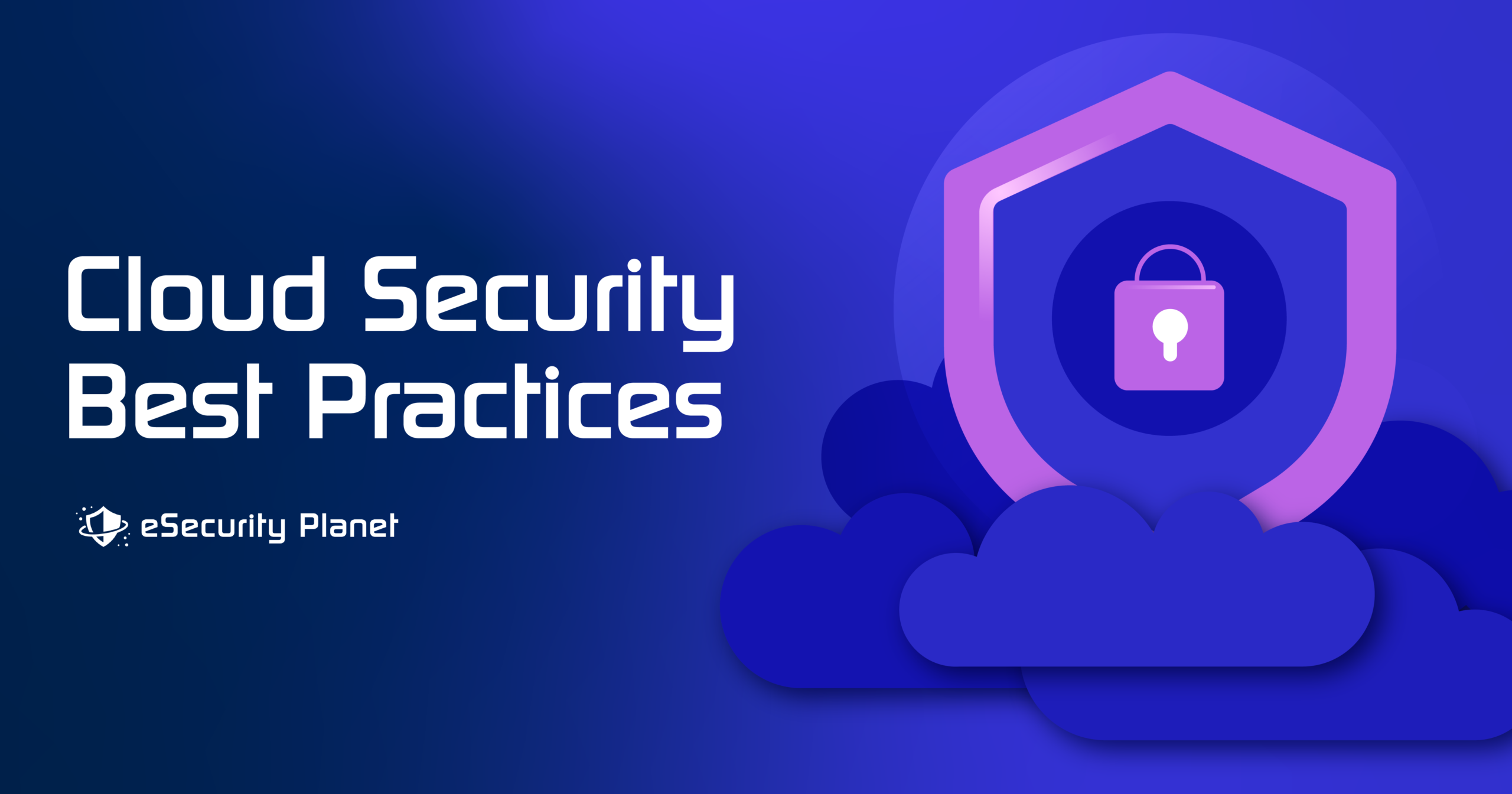How to Choose the Best Hosting for Your Business Website in 2024
Advertisment
Introduction
In today’s digital-first world, your business website serves as a key element of your brand’s identity. Selecting the right hosting solution can make all the difference in how well your site performs, how fast it loads, and how secure it remains. This guide will walk you through the different hosting options, with a special focus on cloud computing, server types, and the criteria to consider when choosing the best hosting for your business.
1. Understanding Website Hosting: The Foundation of Your Online Presence
Website hosting is the backbone that enables your website to be accessible to users on the internet. It involves storing your website’s data on a server, which then delivers these files to users when they visit your site.
Types of Hosting Explained
- Shared Hosting: Involves multiple websites sharing the same server resources. It’s the most cost-effective option, suitable for small businesses and personal websites with minimal traffic.
- VPS Hosting (Virtual Private Server): Offers a virtualized environment with a dedicated portion of server resources, providing better performance and control compared to shared hosting.
- Dedicated Hosting: Provides an entire server exclusively for one user, offering maximum performance, control, and security at a higher cost.
- Cloud Hosting: Utilizes a network of interconnected servers, allowing for flexible resource allocation, scalability, and improved uptime.
Understanding these different types of hosting will help you identify which option aligns best with your website’s needs in terms of speed, reliability, and scalability.
2. Key Factors to Consider When Choosing Hosting for Your Business Website
1. Website Traffic Needs
Understanding your website’s traffic patterns is crucial when selecting hosting. If your site expects heavy traffic or sudden spikes, you may need a scalable solution like cloud hosting or VPS to handle the load efficiently.
2. Scalability
As your business grows, your website’s needs will evolve. Choose a hosting provider that allows easy resource upgrades without causing downtime. Cloud hosting, in particular, offers seamless scalability to adapt to your growing needs.
3. Security
Security is non-negotiable, especially for websites handling sensitive customer data, such as e-commerce stores. Look for hosting solutions that provide robust security features, including SSL certificates, firewalls, and regular backups.
4. Performance
Website speed and uptime are critical for user experience and SEO rankings. A reliable hosting service ensures faster load times, which can significantly impact your site’s visibility on search engines.
3. Cloud Computing in Website Hosting: Revolutionizing Digital Presence
Cloud computing has transformed the way businesses approach website hosting by offering unmatched scalability, flexibility, and performance.
Benefits of Cloud Hosting for Business Websites
- Scalability: Instantly scale resources up or down based on traffic demand, making it ideal for businesses with fluctuating website activity.
- Reliability: Cloud hosting spreads data across multiple servers, ensuring higher uptime and reducing the risk of server failure.
- Cost-Efficiency: Pay only for the resources you actually use, making it a budget-friendly option for businesses of all sizes.
Cloud hosting’s flexibility makes it a preferred choice for businesses looking to future-proof their website and ensure consistent performance.
4. Detailed Comparison: Shared, VPS, Dedicated, and Cloud Hosting
Here’s a closer look at each hosting option to help you decide which one is best for your business:
Shared Hosting
- Pros: Most affordable option, easy setup, suitable for beginners.
- Cons: Limited resources, lower performance, not ideal for high-traffic websites.
- Best For: Small businesses and personal blogs with low to moderate traffic.
VPS Hosting
- Pros: Improved performance, more control over server settings, scalable.
- Cons: Higher cost than shared hosting, requires some technical skills.
- Best For: Growing businesses, e-commerce sites, and websites with medium traffic levels.
Dedicated Hosting
- Pros: Complete control, exceptional performance, enhanced security.
- Cons: High cost, requires significant technical expertise.
- Best For: Large enterprises, websites with high traffic, and those with strict security requirements.
Cloud Hosting
- Pros: Unmatched scalability, high reliability, cost-effective pay-as-you-go model.
- Cons: Complex pricing structures, dependent on stable internet connectivity.
- Best For: Businesses with fluctuating traffic patterns and those seeking a scalable, flexible hosting solution.
5. Role of Servers in Business Website Hosting
Servers are the backbone of your website’s hosting infrastructure. Here’s a breakdown of different types of servers used in hosting:
1. Web Servers
- Role: Serve web pages to visitors’ browsers quickly and efficiently.
- Ideal For: Websites with a need for fast content delivery.
2. Database Servers
- Role: Store and manage data that supports dynamic websites and applications.
- Ideal For: E-commerce sites and data-driven applications requiring real-time data handling.
3. File Servers
- Role: Manage and store files and other data assets used by websites.
- Ideal For: Websites with large volumes of media or file-based content.
Selecting the right server setup ensures that your website runs efficiently and meets your business’s performance demands.
6. Evaluating the Best Hosting Provider for Your Business
Choosing a reliable hosting provider is as important as selecting the hosting type. Here are some key factors to consider:
Key Factors:
- Customer Support: 24/7 support is crucial to resolve issues quickly and minimize downtime.
- Pricing: Transparent pricing models with no hidden fees are essential for budgeting.
- Reliability: High uptime guarantees and robust server reliability ensure your site remains accessible.
Some popular hosting providers include Bluehost, SiteGround, and Amazon Web Services (AWS), each offering a variety of hosting solutions to meet different needs.
7. SEO Benefits of Cloud Hosting for Business Websites
Optimizing your website’s SEO performance is vital for gaining visibility on search engines. Hosting plays a significant role in this by influencing speed, security, and uptime.
Key SEO Considerations:
- Server Speed: Fast load times enhance user experience and boost your SEO rankings.
- Uptime: A website that’s always accessible ranks better in search engine results.
- Security: Secure hosting solutions help prevent data breaches that can harm your website’s credibility.
Investing in quality hosting, especially cloud-based solutions, can dramatically improve your website’s SEO and attract more visitors.
8. Hosting Solutions for E-commerce Websites
E-commerce sites have specific hosting needs due to their high traffic and security requirements.
Key Considerations:
- Speed: Fast page loading speeds are crucial to reduce bounce rates and improve user experience.
- Security: Secure payment gateways and SSL certificates are essential for protecting customer data.
- Scalability: Cloud hosting’s ability to handle traffic spikes makes it an ideal choice for growing online stores.
Choosing the right hosting solution for your e-commerce website can significantly impact your sales and customer satisfaction.
9. Future Trends in Hosting and Cloud Computing for Business Websites
As technology evolves, new trends in hosting and cloud computing are emerging that can further enhance website performance.
Trends to Watch:
- Hybrid Cloud Solutions: Combining private and public clouds for enhanced flexibility and control.
- Edge Computing: Reducing latency by bringing data processing closer to the user.
- AI and Automation: Implementing AI-driven tools to automate server management for increased efficiency.
Staying updated on these trends will help your business stay ahead in the digital landscape and leverage the best technology for growth.
Conclusion
Choosing the right hosting solution for your business website is a strategic decision that can significantly impact your site’s performance, security, and customer satisfaction. By understanding the different hosting options, the benefits of cloud computing, and evaluating your specific needs, you can select the best hosting service to support your online growth.
Opt for a hosting solution that aligns not only with your current requirements but also with your future ambitions. For businesses aiming to scale and optimize their digital presence, cloud hosting offers the perfect balance of performance, flexibility, and cost-efficiency.
Advertisment








Post Comment